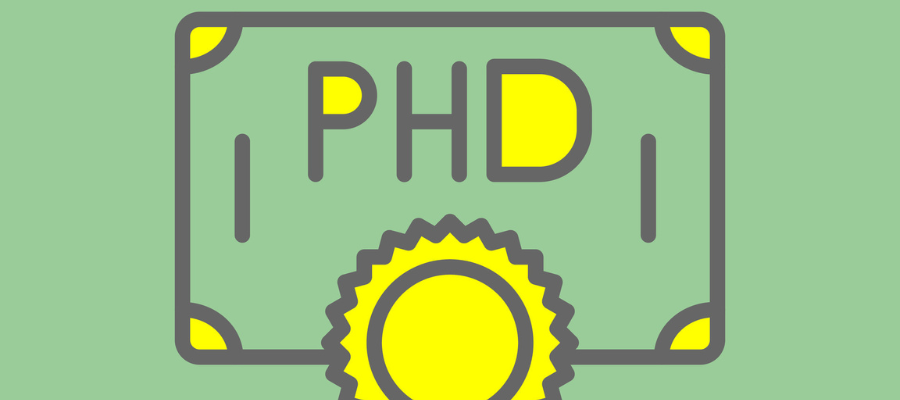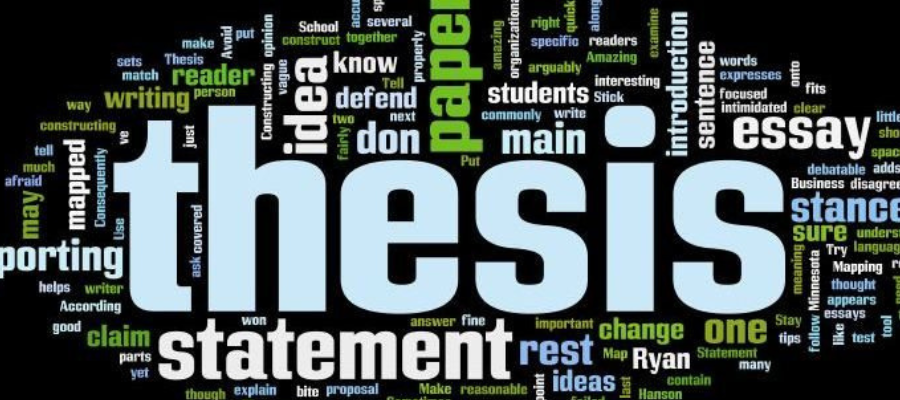Recognizing and Preventing PhD Burnout


Pursuing a PhD is often portrayed as the pinnacle of academic achievement—a noble journey of intellectual exploration. Yet behind the scenes, many students experience a different reality: long hours, mounting pressure, emotional exhaustion, and self-doubt. The harsh truth is that burnout among PhD students is real, widespread, and largely overlooked.
Burnout doesn’t occur suddenly. It gradually sneaks up on you, masquerading as late-night deadlines, unanswered emails, broken plans, and that nagging voice telling you that you’re not doing enough. If you’re a PhD student—or considering becoming one—this blog is your roadmap to learning about what burnout is, why it occurs, and how you can safeguard your mental and emotional health while still pursuing your academic dreams.
What Is PhD Burnout?
PhD burnout is a condition of physical, emotional, and mental exhaustion resulting from prolonged academic pressure. Unlike temporary fatigue, burnout doesn’t disappear with a weekend break or a holiday. It persists, impacting your capacity to work, think clearly, and even enjoy life.
Based on recent surveys, over 40% of PhD students experience symptoms of depression or anxiety. Some degree of stress is to be anticipated in a challenging academic program, but chronic and unrelenting stress over years can cascade into postdoctoral burnout.
seeing the signs: burnout isn't always so obvious
You may not even know that you’re burning out until you’re already up to your neck in it. Here are some of the common signs to watch out for:
- Mental and Emotional Exhaustion
Are you mentally tired even after a good night’s sleep? Emotional exhaustion presents itself as irritability, mood swings, or tearfulness—where the mere slightest setback is interpreted as the end of everything.
- Lack of Motivation
Activities that originally thrilled you now seem like a chore. You find it hard to give meaning to your work, or you’re just doing things mechanically.
- Imposter Syndrome Overdrive
Most PhD students experience imposter syndrome, but burnout makes it worse. You may feel perpetually inadequate or worry about being “discovered” as a fake.
- Physical Symptoms
Burnout can have physical symptoms—headaches, sleeplessness, digestive problems, frequent illness, and even chronic pain.
- Isolation
You begin to pull away from friends and family. Social invitations seem daunting, and you may find yourself convincing yourself that other people would not get what you’re experiencing.
- Procrastination and Avoidance
Burnout students tend to sidestep their research entirely. Sending an email to your advisor or cracking open your thesis file feels debilitating.
If any of these symptoms sound like you, you’re not alone—and more significantly, it’s not a personal failure. It’s a warning that something must shift.
Why Does Burnout Occur in PhD Programs?
Burnout is not merely a product of overwork. It’s a complicated dance of structural problems, unrealistic expectations, and individual considerations. Here are some typical contributors:
- Lack of Structure
With PhD research, unlike undergraduate or even master’s-level programs, there’s no predetermined direction. With no set schedule, it’s simple to lose the distinction between work and relaxation.
- Pressure to Publish
The notoriety of “publish or perish” culture compels students to write papers all the time. Journals or conferences rejections heap emotional burdens.
- Advisor Relationships
Your advisor can define your PhD life. Inadequate communication, unrealistic expectations, or absence of guidance can all instigate burnout.
- Perfectionism
Most high-performing students set unattainable standards for themselves. The quest for “perfect” research tends to freeze them and create self-doubts.
- Financial Stress
Stipends are often low, and part-time work might be discouraged. The pressure to survive financially while excelling academically is a constant source of anxiety.
- Social Isolation
PhD research can be solitary by nature. If you’re studying abroad or away from family, the loneliness can become overwhelming.
Preventing Burnout: It’s About Proactive Care, Not Just Reaction
The good news is burnout is avoidable and actionable. The trick is to establish habits and systems that safeguard your energy, identity, and mental health. Here’s how:
- Set Boundaries—And Stick to Them
You are not your thesis. Separate work from play. Designate work hours and don’t check your emails at midnight. If you were a corporate worker, you’d be allowed to take breaks—so extend the same courtesy to yourself.
- Redefine Productivity
You don’t have to put in 12-hour days in order to be an “official” researcher. Prioritize significant progress, not perfection. Even two focused, intense hours can be more productive than a whole day of effort divided and distracted.
- Select the Right Advisor
If you have not yet begun your PhD, this is urgent. Get a supervisor who communicates in a way you can work with, has good boundaries, and gives good feedback. If you are already in a difficult situation, don’t be shy to ask a co-supervisor or academic mediator for help.
- Establish a Support Network
Get in touch with other PhD students, write groups, or visit research forums. Even complaining over coffee can relieve stress. Don’t be alone; those around you might be experiencing the same.
- Therapy Is Not a Luxury
Counseling for mental health can be life-altering. Universities offer affordable or free services. Therapy can assist in coping with stress, reframing negative thinking, and establishing more healthy ways of coping.
- Move Your Body
You don’t need to train for a marathon, but regular movement helps reduce stress and boost mood. A 20-minute walk, a YouTube yoga session, or dancing around your room all count.
- Celebrate Small Wins
Submit a chapter? Celebrate. Finish a tedious data set? Celebrate. These milestones matter, and acknowledging them helps maintain motivation.
- Take Breaks Without Guilt
Rest is productive. Time off doesn’t make you lazy—it makes you resilient. Burnout feeds in guilt-based work cycles, so allow yourself to stop and replenish.
What to Do If You're Already Burned Out
If you’re already experiencing the full force of burnout, the following are steps to assist you in returning to normal:
- Stop and Acknowledge It
It’s not weakness to acknowledge you’re burned out; it’s being smart. Stop work if you can. Take a few days or a weekend to rest, think, and recharge.
- Talk to Somebody
Call on a mentor, counsellor, or colleague. Sometimes, simply discussing your challenges brings clarity. You are not isolated, and it’s no shame to seek assistance.
- Reconsider Your Timeline
Is your current speed sustainable? Are you able to negotiate deadlines with your adviser? Be willing to stretch out your timeline if it can shield your well-being.
- Work on One Thing at a Time
When everything seems too much, split tasks into tiny, manageable pieces. Work on just one thing per day if that’s as much as you can manage.
- Assess Your “Why”
Get back to your passion. Why did you begin your PhD journey? Sometimes recalling the larger picture will re-ignite enthusiasm—or it might help you understand that it’s time for a new path.
Recollect: Your Worth Does Not Depend on Your PhD
You are so much more than your coursework. You are not a failure because your experiment fails, your paper is rejected, or you graduate later than anticipated. Success isn’t the same for everyone.
Academia fetishizes sacrifice, but let’s be honest: burnout is not something to be proud of. It’s an indication that something is going wrong—systemically and personally—and it needs to be addressed and treated with care.
PhD burnout is a heavy and frequently hidden burden. Yet you don’t have to endure it alone. Acknowledging the warning signs early, establishing boundaries, creating a support network, and taking care of mental health can be the difference-maker.
You can protect your joy, your rest, and your curiosity. The PhD is not a race; it’s a long, winding road. And you deserve to walk it with your well-being intact.
So take a breath. Take a break. And take care of you.
Reach out to Aara Consultancy for assistance!
We provide 360° Solution for your Education Needs. Contact us






